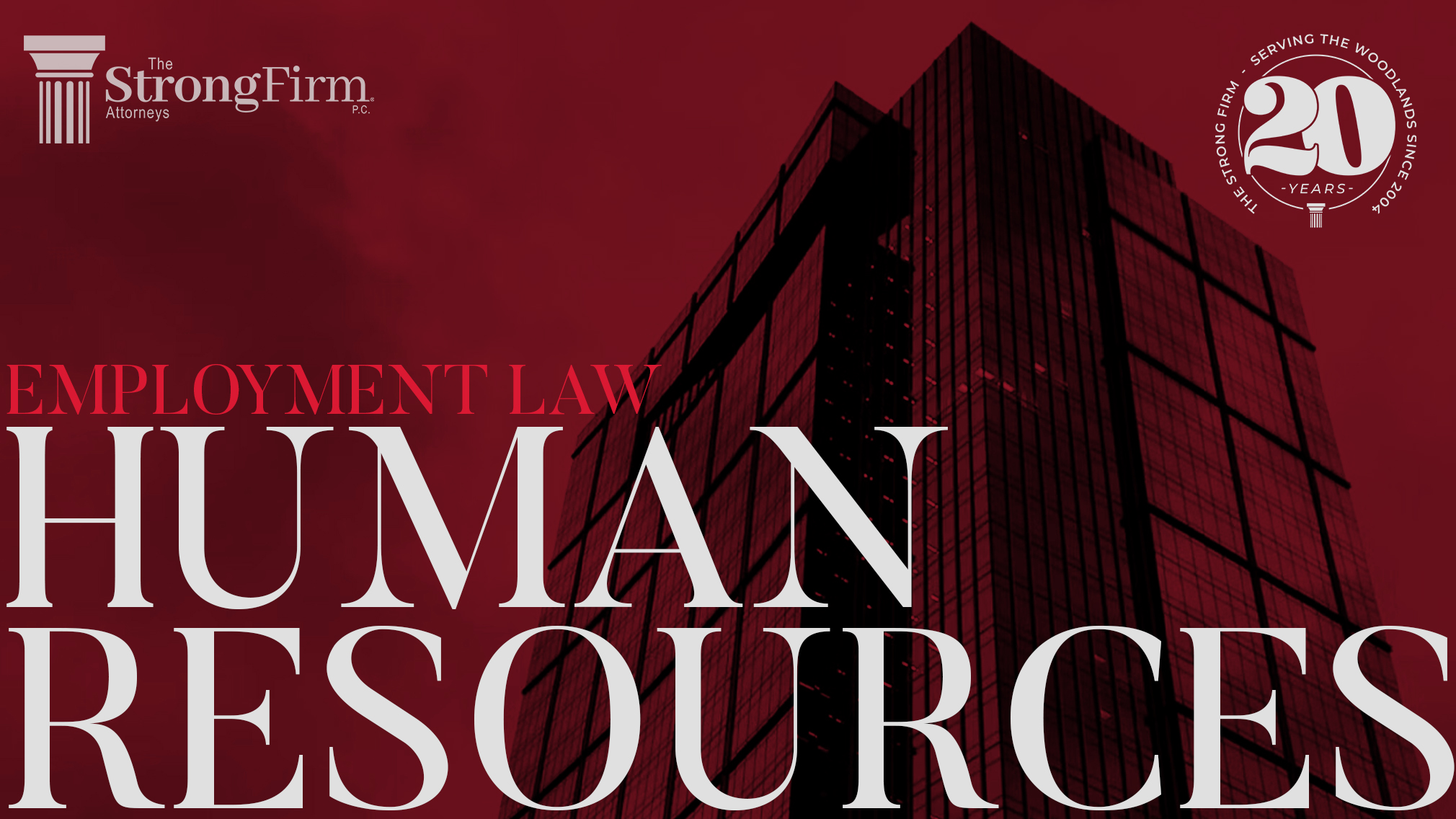The State of Texas is a strong advocate for protecting property owners from the forced taking of land, including eminent domain, foreclosure or annexation. This year, the Texas Legislature enacted a bill that protects landowners for decades to come from forced annexation.
In 1858, Texas passed the first statute allowing incorporation of a city under its general laws. Over the years there were some amendments to the law and accompanying legislation, but there were no substantial changes until about 1963 when the Texas Legislature enacted the Municipal Annexation Act, which provided procedures for annexation and created the concept in Texas of a municipality’s “extraterritorial jurisdiction.” Since then, rural property owners threatened under the shadow of forced, unilateral annexation have fought for better protection.
At the end of the last legislative session in May 2019, House Bill 347 (“H.B. 347”) was enacted, detailing a revised set of requirements a municipality must follow in annexation proceedings. The intent of the bill is to end “forced annexation by municipalities” statewide. It is also intended to provide “property owners in all counties, regardless of population size, the same protection against forced annexation.”
House Bill 347, which is effective immediately, modifies Chapter 43 of the Local Government Code by removing the tier system that structured how annexations were handled. The prior system was convoluted, confusing and did not afford property owners many rights against forced annexation. The new statutory scheme sharply limits forced annexations in some counties and municipalities by requiring affected jurisdictions to hold a public election on the question of being annexed. All citizens are now given the right to vote on whether they want to be incorporated into the neighboring city.
“Forced annexation is when cities annex property without the approval of the people and businesses that are affected,” according to a statement made by Governor Greg Abbott before signing H.B. 347 into law. “It’s a form of taxation without representation and it will not be tolerated in Texas.”




























